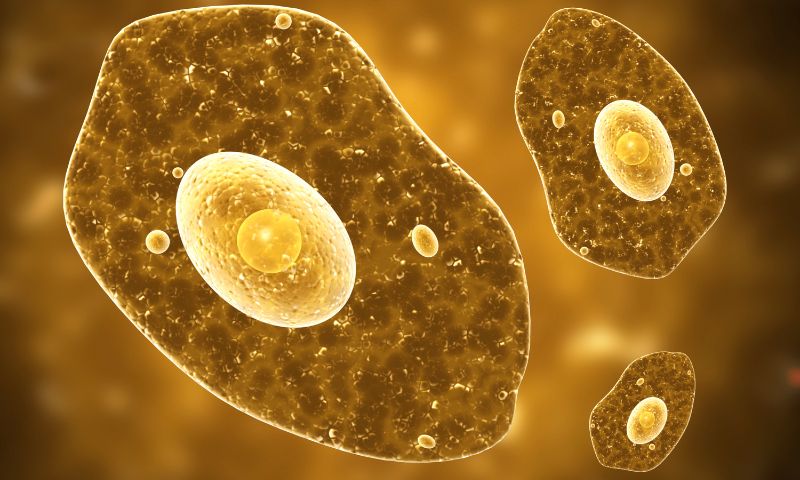Monitoring Desk
ISLAMABAD: A Florida resident died after becoming contaminated with a rare brain-eating amoeba, officials said. According to health experts in Charlotte County, southwest Florida, the victim became infected after rinsing his nasal sinuses with tap water. Naegleria fowleri enters the brain via the nose.
According to officials, drinking the water is not risky, though. As per the Centres for Disease Control and Prevention, such infections are almost always fatal. The victim has not been identified by authorities.
The Florida Department of Health announced on February 23 that a patient had become infected “possibly as a result of sinus rinses practices” involving tap water. A spokesman for the state health agency confirmed the patient’s death on Thursday. Officials from various government agencies are “continuing to investigate how this infection occurred,” according to spokesman Jae Williams.
“Officials are working with local public utilities to identify any potential links and take any necessary corrective actions,” he added.
Preferable environment for amoeba
The amoeba prefers warm freshwater environments such as lakes, swimming pools, and ponds. If it enters the nose, it can cause severe infection, but it is usually safe if it enters through the mouth because stomach acid kills the single-cell microorganism. Infected people develop a disease known as primary amebic meningoencephalitis. Some symptoms are headache, nausea, fever, vomiting, stiff neck, disorientation, loss of balance, seizures, and/or hallucinations.
According to the CDC, approximately three Americans are infected each year, with often fatal consequences. Only four of the 154 people infected in the United States survived between 1962 and 2021. According to the CDC, infection during the winter months is extremely rare.
Officials advise people not to rinse their nasal passages with untreated tap water to avoid infection. Water that has been sterilized or distilled is preferred. Tap water can also be used after it had been boiled for at least one minute and cooled. People are also advised not to get water in their noses while swimming, bathing, or showering.
























